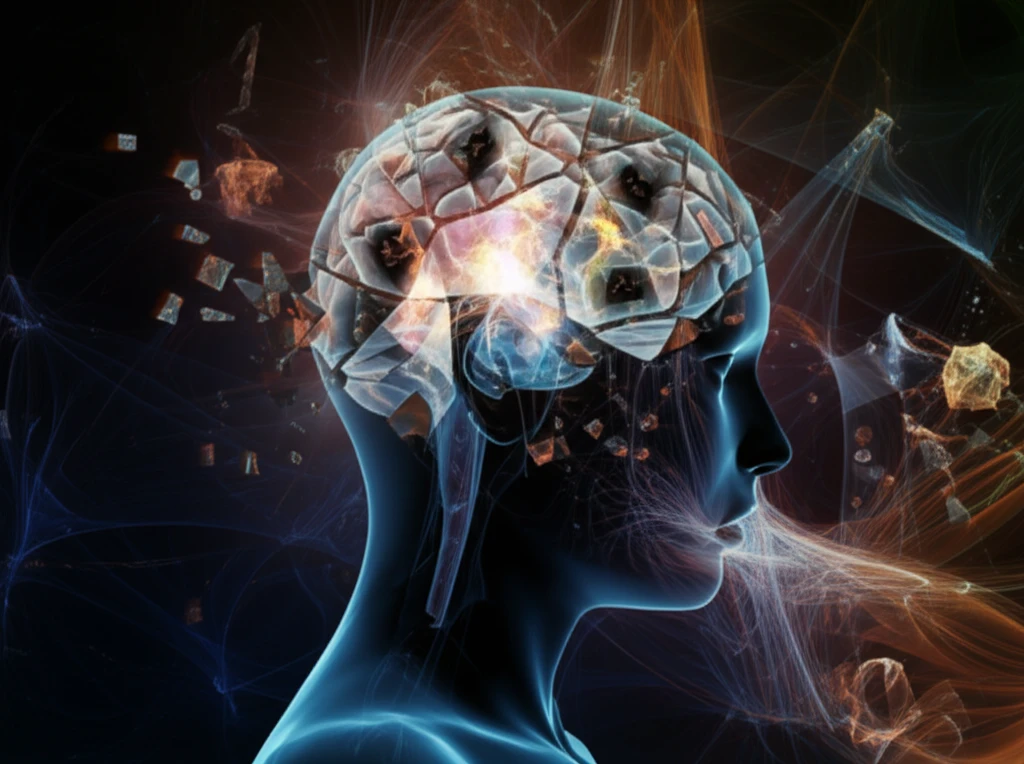
Panic Disorder and Your Memory: Unlocking the Anxious Mind
"Can anxiety sabotage your ability to focus? New research reveals the hidden ways panic disorder impacts working memory and what it means for daily life."
Panic disorder (PD) is more than just feeling anxious; it's a condition marked by recurring, unexpected panic attacks that can significantly disrupt daily life. These attacks, characterized by intense anxiety, can lead to professional and social difficulties, making it crucial to understand how PD affects cognitive functions.
One critical area of cognitive function impacted by PD is working memory—the ability to hold and manipulate information in the mind. Researchers have long investigated the link between anxiety and memory, seeking to understand how high levels of anxiety can interfere with the brain's ability to process information effectively. This article delves into recent findings that shed light on this complex relationship.
Recent studies employing advanced techniques like quantitative electroencephalography (qEEG) and computer simulations are providing new insights into how anxiety associated with panic disorder can disrupt working memory. These studies aim to map the specific brainwave patterns and communication breakdowns that occur when individuals with PD experience heightened anxiety, offering potential pathways for more effective treatments.
The Anxious Brain: How Panic Disrupts Working Memory

A study published in the Journal of Psychiatric Research investigated the impact of anxiety on working memory in individuals with panic disorder. The researchers used qEEG to measure brainwave activity and coherence—the communication between different brain regions—in patients with PD and healthy controls during a visual task designed to engage working memory. The study also incorporated a computer simulation (CS) to induce anxiety, allowing them to observe how heightened anxiety levels affected brain function in real-time.
- Gamma Coherence: Measures the communication between different brain regions.
- Frontoparietal Networks: Brain regions crucial for working memory.
- Computer Simulation (CS): Used to induce anxiety in a controlled setting.
Understanding and Addressing the Impact on Memory
This research underscores the importance of recognizing the cognitive effects of panic disorder. While the physical symptoms of a panic attack are often the primary focus, the impact on memory, attention, and cognitive function can significantly affect an individual's ability to perform daily tasks and maintain overall well-being.
The findings suggest that interventions targeting anxiety may also improve cognitive function. Cognitive behavioral therapy (CBT), for example, can help individuals manage anxiety and develop coping strategies, potentially restoring more typical brain communication patterns and enhancing working memory. Similarly, pharmacological treatments that reduce anxiety may also have beneficial effects on cognitive function.
Future research should explore the long-term effects of anxiety on brain function and investigate the effectiveness of various interventions in improving both emotional and cognitive outcomes. By further unraveling the complex relationship between anxiety and working memory, we can pave the way for more comprehensive and effective treatments for panic disorder and related conditions.
